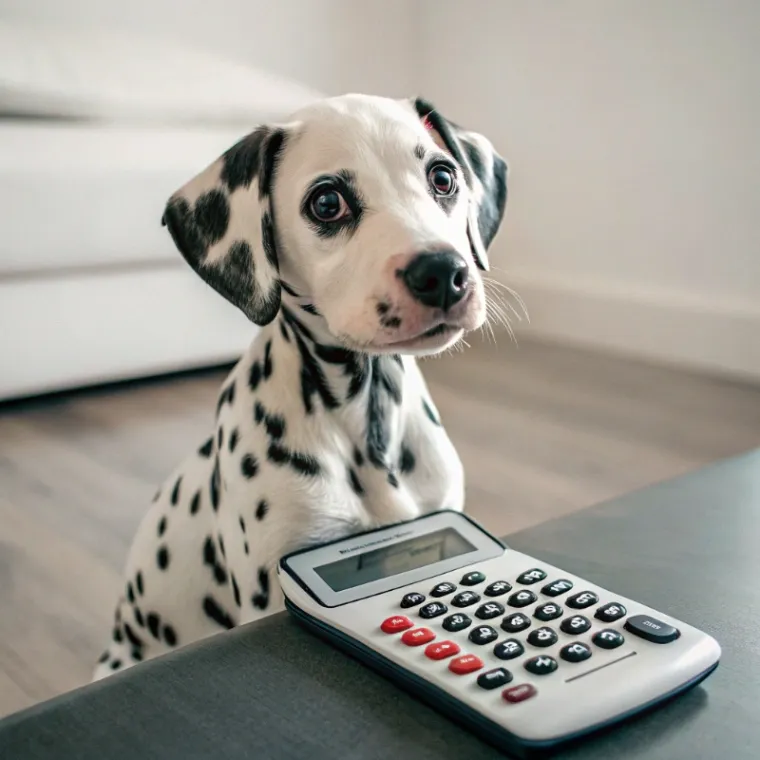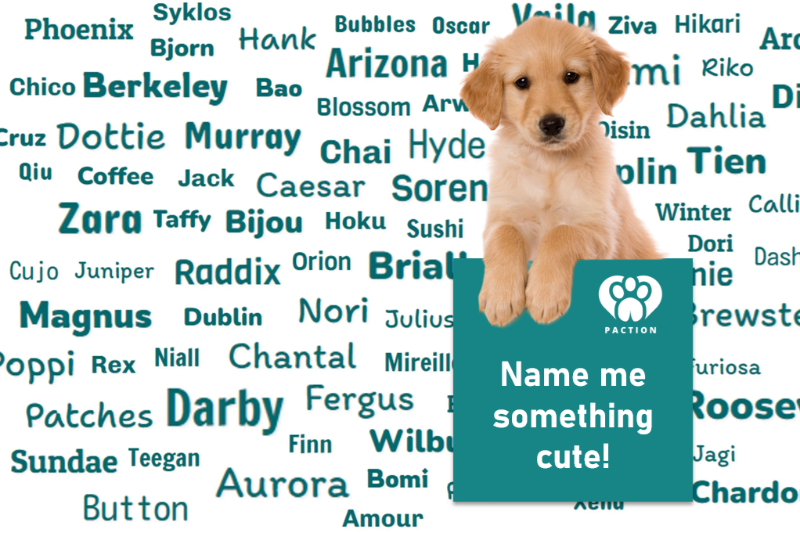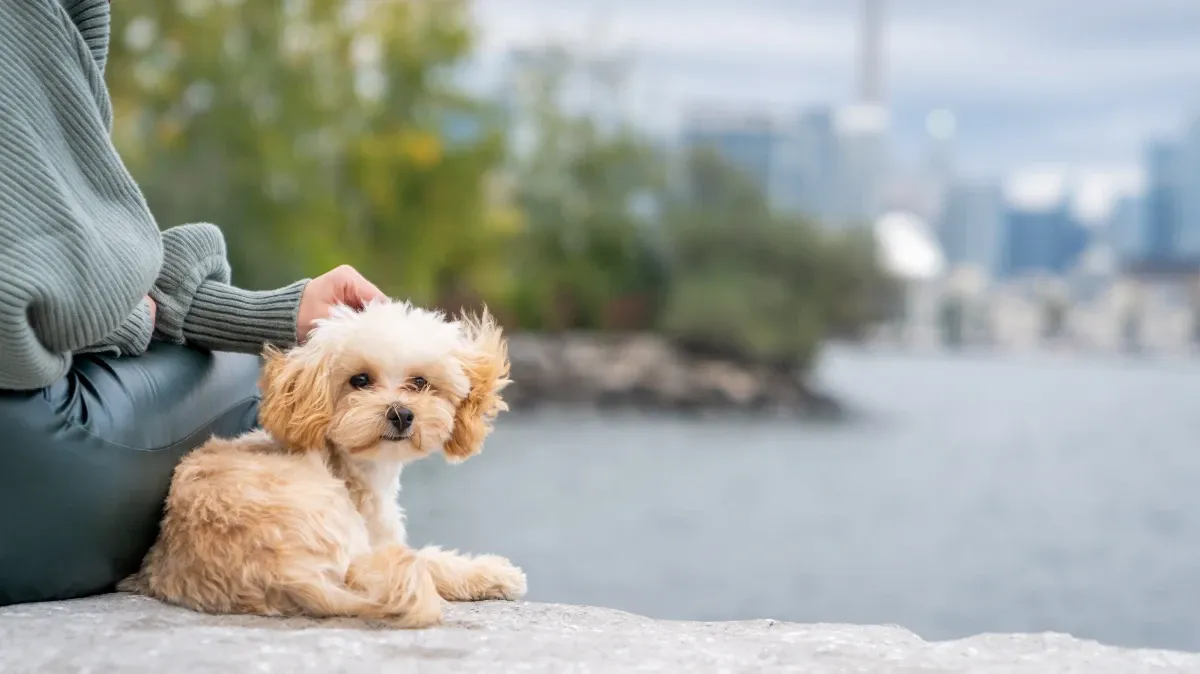Dalmatian




 Find Reputable Breeders Near You
Find Reputable Breeders Near You
Browse Reputable Breeders who meet Paction's Certification standards.
Search for a PupGet to Know Dalmatians
- Iconic Spotted Coat: Dalmatians are instantly recognizable thanks to their unique, striking spotted coat. These spots can be black or liver-colored and are present from birth, though Dalmatians are born white, and their spots develop as they age. The distinct pattern and contrast of their coat have made them one of the most iconic and easily recognizable dog breeds in the world.
- Historical Carriage Dogs: Dalmatians have a long history as carriage dogs, where they were used to run alongside horse-drawn carriages, protecting the horses and guarding against threats. Their endurance, agility, and natural affinity with horses made them ideal for this role. This history is why Dalmatians are still often associated with firehouses, where they would run alongside fire trucks drawn by horses.
- Energetic and Athletic: Dalmatians are known for their high energy levels and athleticism. They require regular, vigorous exercise to keep them physically and mentally healthy. Activities like running, hiking, and playing fetch are great ways to channel their energy. Without sufficient exercise, Dalmatians can become bored and potentially develop destructive behaviors.
- Intelligent and Independent: Dalmatians are highly intelligent dogs with a strong independent streak. While they are quick learners and can excel in obedience training, their independence can sometimes make them a bit stubborn. Consistent, positive reinforcement training is essential to keep them engaged and responsive. They thrive in environments where they have both mental and physical challenges.
- Loyal and Protective: Dalmatians are known for their loyalty to their families. They are naturally protective and can be wary of strangers, making them good watchdogs. Their protective nature, combined with their strong bond with their owners, makes them devoted companions. They are generally good with children and other pets, though early socialization is important to ensure they are well-adjusted and confident in various situations.
Breed History
The Dalmatian is a historic and distinctive breed that originated in the Dalmatian region of Croatia. These dogs were initially bred as carriage dogs, traveling alongside horse-drawn carriages to protect them from highwaymen and assist with hunting in rural areas. The breed's unique spotted coat pattern likely evolved as a way to blend in with horse-drawn carriages and livestock in rural environments. Dalmatians became known for their exceptional endurance and courage, which made them ideal for a variety of working roles. Over time, they gained fame as firehouse mascots, owing to their association with firefighters and their role in guarding carriages in urban settings. Today, they are beloved as family companions and show dogs, admired for their striking appearance and lively personality.
Personality and Behaviour
- Lively and Energetic: Dalmatians are known for their high energy levels and playful nature. They are always on the move, enjoying physical activities like running, playing fetch, and agility training. This makes them great companions for active families or individuals who can match their energy levels and provide the mental stimulation they need.
- Loyal and Affectionate: Dalmatians form strong bonds with their families and are typically very loyal to their owners. They are affectionate and enjoy being around their human companions, but they can be aloof with strangers, which can make them good watchdogs. Early socialization and exposure to various environments, people, and other animals are important to prevent excessive shyness or territorial behavior.
- Intelligent and Independent: Dalmatians are smart and independent dogs. They thrive when given challenges to solve and enjoy learning new commands and tricks. However, their independent streak can make them somewhat stubborn at times, so training requires patience and consistency. Positive reinforcement works best for motivating them, and early training can help prevent behavioral issues as they grow older.
Care
- Exercise: Dalmatians are highly active dogs and require a significant amount of exercise daily. They need at least one hour of exercise each day to keep them physically and mentally stimulated. Activities such as running, hiking, and swimming are great for them, as they enjoy variety in their exercise routine. Dalmatians are not suited for apartment living due to their need for space and exercise.
- Grooming: Dalmatians have a short, dense coat that is relatively low-maintenance but benefits from regular care to keep it in top condition. Brushing a few times a week helps to manage shedding and maintain a healthy, shiny coat. While they don’t require frequent baths, occasional bathing is necessary to remove dirt and keep their skin clean. Proper grooming also includes regular nail trimming to prevent discomfort or injury, and dental care is especially important for Dalmatians, as they can be prone to oral health issues. Regular tooth brushing and professional cleanings help ensure their overall well-being.
- Training and Socialization: Dalmatians are intelligent and independent, but they can also be strong-willed and stubborn. Early socialization and training are essential to mold their behavior. Positive reinforcement, such as treats and praise, is the most effective method. Training sessions should be short and fun, as Dalmatians can lose interest quickly. Basic obedience training, along with leash training, are crucial for managing their energy and ensuring they are well-behaved in various settings.
Dalmatian Summary
What to ask your breeder?
Here’s a short summary of what you should be asking your breeder:
Dalmatian Health Testing
| Screening | Considerations |
|---|---|
| Hip Dysplasia | One of the following: OFA Radiographic Hip Evaluation. PennHIP Evaluation. |
| Congenital Deafness | B.A.E.R. hearing test. |
| Health Elective | One of the following: Autoimmune Thyroditis Evaluation from an approved Lab. ACVO Eye Examination. |
How Much Does It Cost to Own a Dalmatian Per Year?
Determining the cost of owning a Dalmatian is essential for responsible dog ownership. Use our calculator to estimate expenses, including food, grooming, veterinary care, and more.
The Ultimate Dog Cost Calculator
 Calculate Now
Calculate Now

